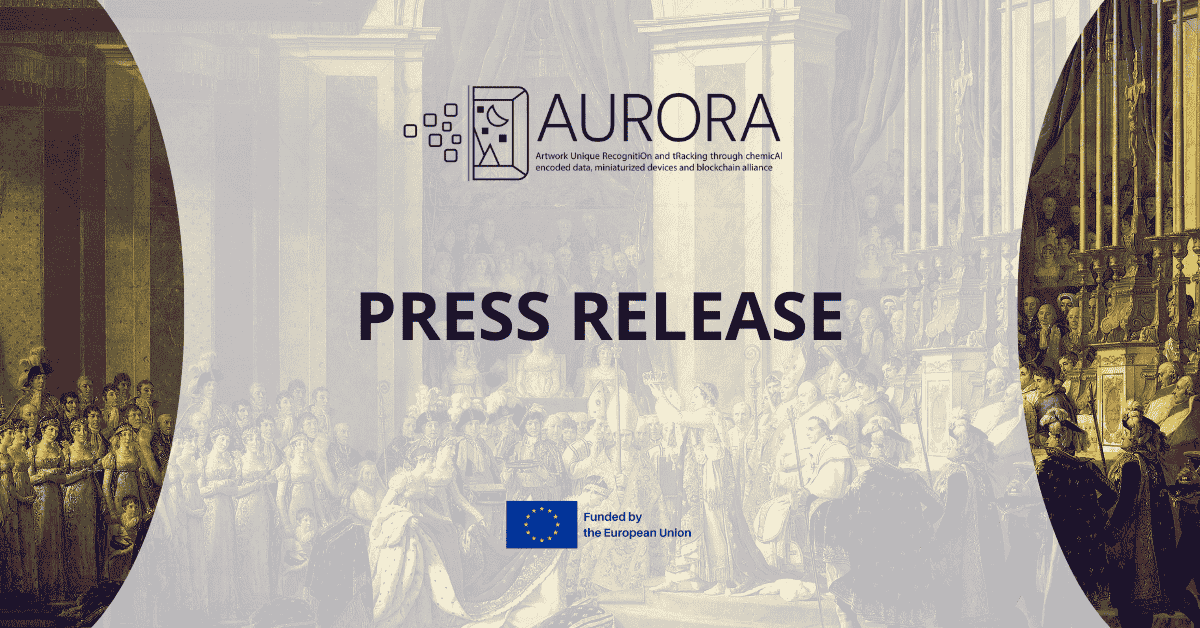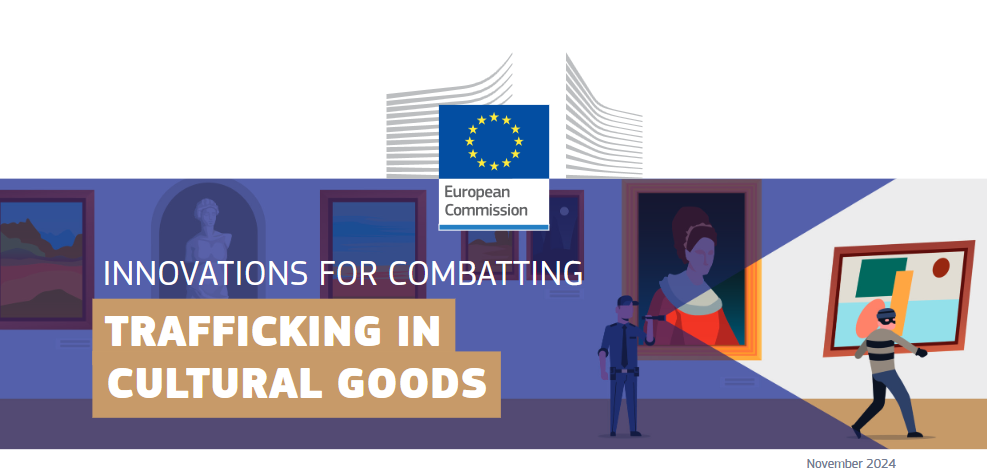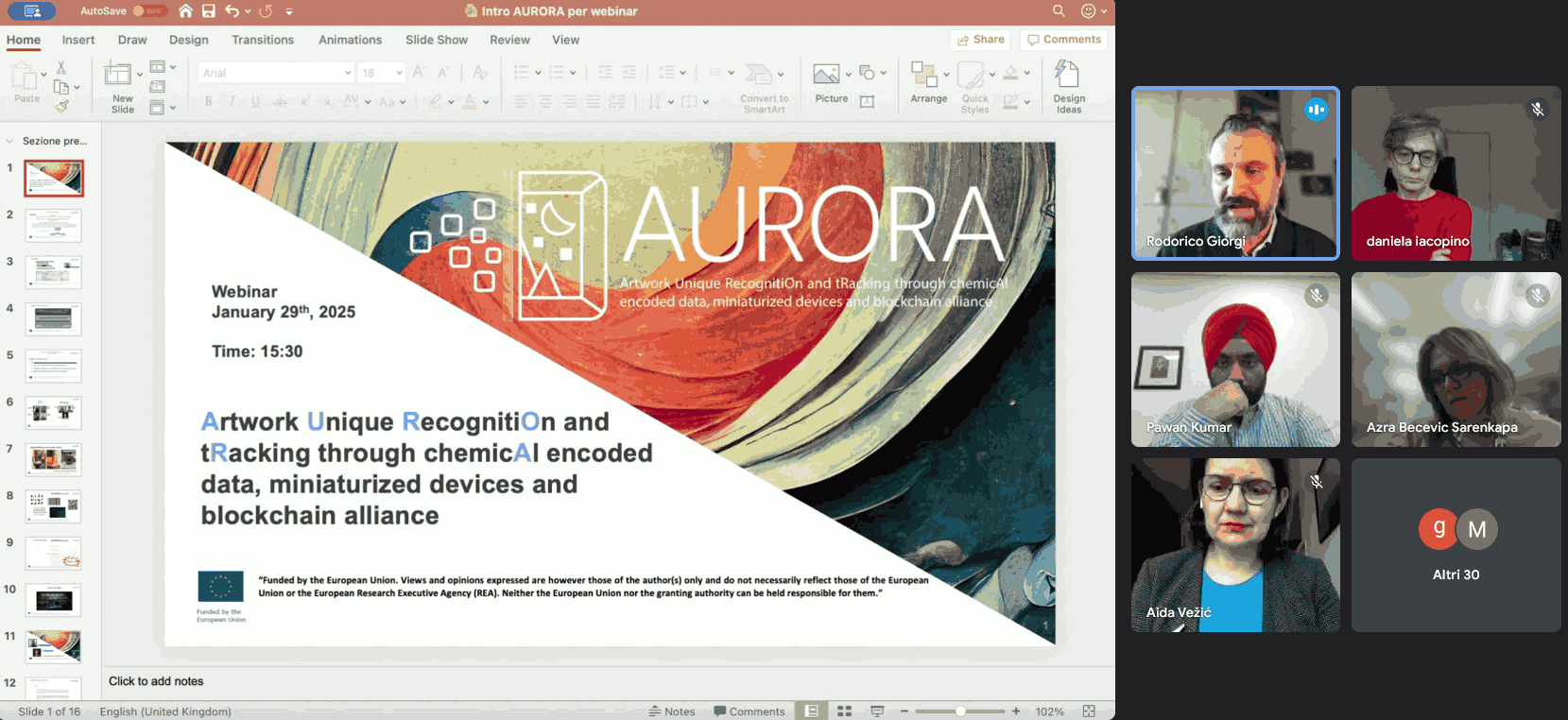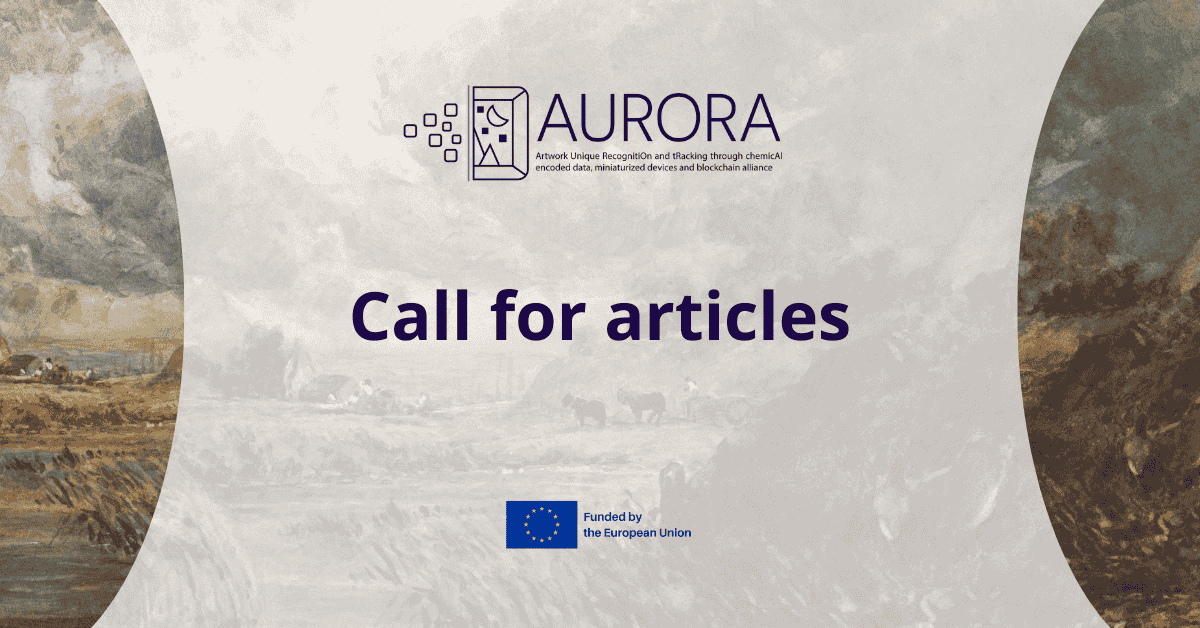The European Research Executive Agency (REA) has recently emphasized the significance of effectively disseminating and exploiting research results across various projects funded by the European Union. In its recent publication, REA outlined why these activities are critical and provided actionable steps on how researchers can maximize the societal and economic impact of their findings.
According to REA, dissemination is about publicizing research outcomes in a way that stakeholders, industries, and policymakers can leverage them. This helps bridge the gap between scientific research and real-world applications, ensuring that valuable knowledge reaches those who can put it to practical use. Effective dissemination involves strategies like publishing findings in accessible formats, engaging with media, and using platforms like open-access journals or public databases.
Exploitation, on the other hand, takes dissemination a step further by focusing on ways to directly apply research findings to create products, services, or policies. This can include anything from advancing scientific research to developing commercial products or fostering social change. REA encourages researchers to consider how their results can be protected, whether through intellectual property rights or licensing, to foster broader use and innovation.
REA’s guidance is particularly relevant in light of recent EU funding programs, like Horizon Europe, which prioritizes impactful research that can address societal challenges. The agency also stresses the importance of planning both dissemination and exploitation strategies from the outset of a project, ensuring they evolve as the project progresses and stakeholders’ needs shift.
To learn more about these guidelines and best practices, visit REA’s publication on their official website.






